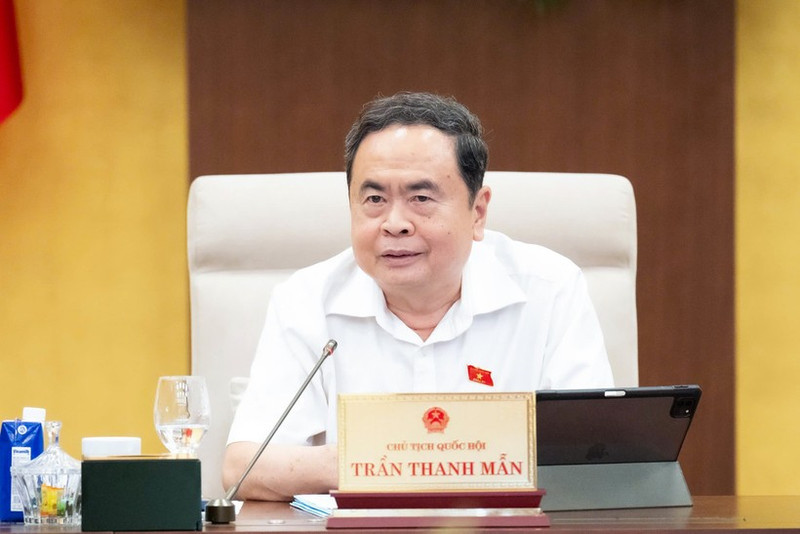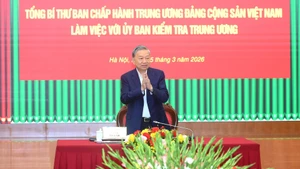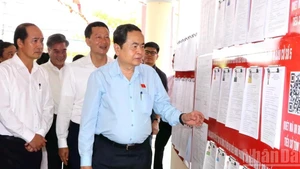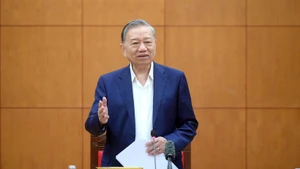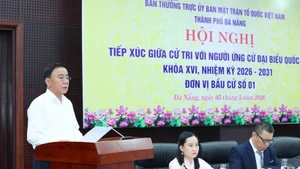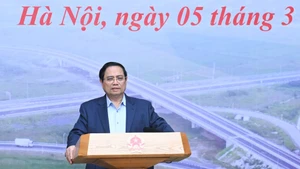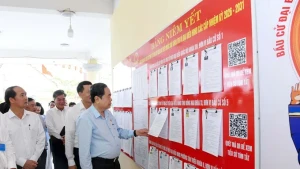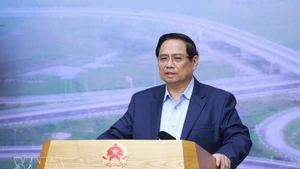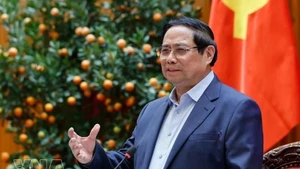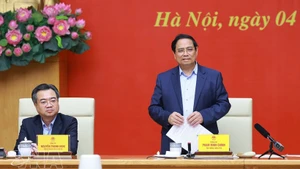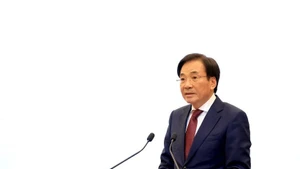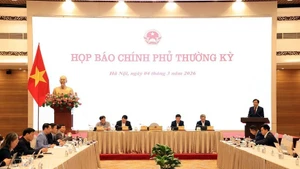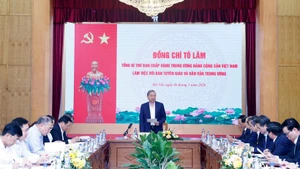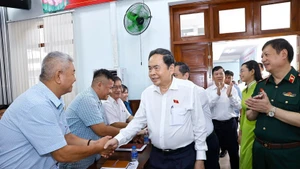Presenting the draft Law on Personal Income Tax, Deputy Minister of Finance Cao Anh Tuan said the bill focuses on several major revisions, including taxable income categories and calculation methods, tax exemption, personal income tax for individual business owners, deductions based on family circumstances and charitable contributions, and adjustments to the minimum taxable amount for lottery winnings, copyright royalties, franchise, inheritances, and gifts, raising it from 10 million VND (nearly 380 USD) to 20 million VND.
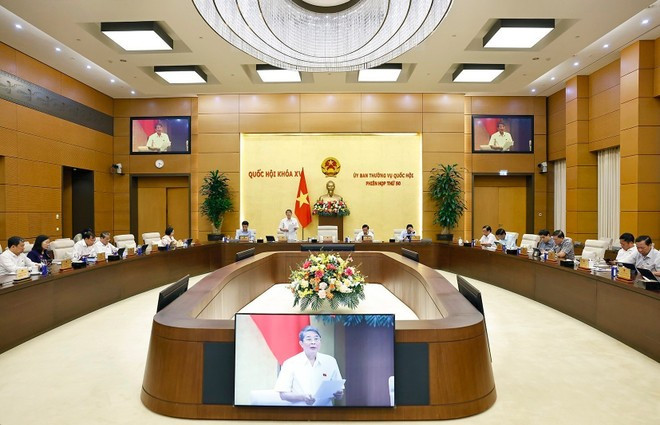
He added that the bill also introduces new taxable income groups such as earnings from transferring Vietnamese national domain names (.vn), carbon credits, vehicle licence plates obtained via auction, and digital asset transactions such as virtual goods or gold bars. The Government will detail other taxable categories to ensure flexibility and alignment realities.
Presenting the preliminary verification report, Chairman of the NA’s Economic and Financial Committee Phan Van Mai agreed with the scope and structure of the draft law. He underscored the need to evaluate the law’s budgetary impacts, particularly regarding changing tax obligations for household and individual businesses.
Concluding the discussion, NA Vice Chairman Nguyen Duc Hai requested the Government to fully incorporate the opinions from the NA’s Standing Committee and verification agency into tax law reforms, ensuring constitutional compliance and consistency across legal frameworks. He stressed that personal income tax must serve as an effective tool for income redistribution, toward social equity.
Later the same afternoon, the session turned to the draft Law on Tax Administration, which, Deputy Minister Tuan said, aims to drive comprehensive digital transformation across the tax sector through three pillars of facilitating taxpayers, enhancing management efficiency, and digitising operational processes. Besides, the law is expected to cut administrative procedures and reduce compliance costs, while promoting data sharing and inter-sectorial coordination.
The bill introduces a chapter on digital transformation, risk management, and compliance monitoring, with clear principles for applying advanced technologies such as big data and AI in tax administration. Accordingly, taxpayers will be no longer required to present paper-based documents if their data already exists in national databases. The Ministry of Finance will establish a set of technical and IT infrastructure standards and develop a tax database to national systems, with tax authorities allowed to access, use, and purchase commercial data for risk analysis and revenue forecasting.
According to Tuan, the draft plans to cut 96 administrative procedures, or 44% of the current total, and simplify 63 others. It spotlights a clear direction toward completely abolishing lump-sum taxation for household and individual businesses from 2026, while creating a favourable legal framework for these entities to transition into enterprises.
NA Chairman Tran Thanh Man underscored the need to shift from a control-based model to a service-oriented tax administration, leveraging digital technologies and AI to enhance efficacy and fairness.
He noted several crucial innovations in the draft law, including classifying taxpayers by risk and industry sectors to enable AI-powered automated assessments, eliminating lump-sum taxation for household businesses from 2026, building an electronic tax ecosystem with data connectivity, and strengthening international cooperation, particularly in combating transfer pricing.
